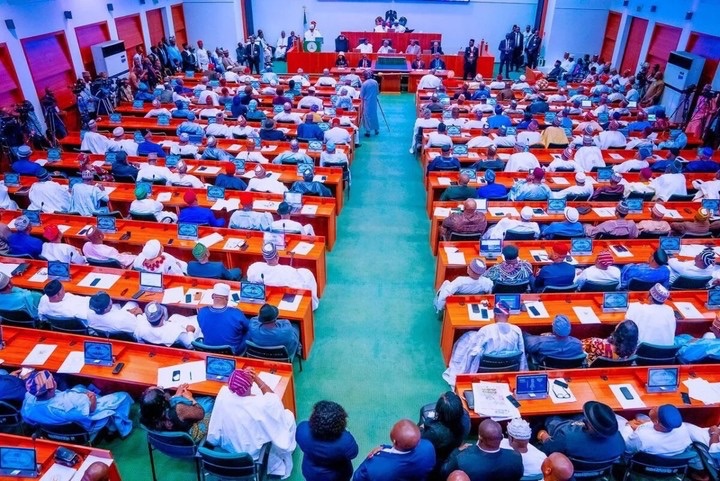The Nigerian Senate has approved the Sexual Harassment of Students (Prevention and Prohibition) Bill, 2025, which stipulates prison terms of up to 14 years for educators found guilty of sexually harassing students in tertiary institutions.
The bill, earlier passed by the House of Representatives, was presented for concurrence by Lola Ashiru, Deputy Senate Leader, who stood in for Opeyemi Bamidele, the Senate Leader, during Wednesday’s plenary.
According to Ashiru, the legislation seeks to protect students from sexual misconduct and abuse within academic environments, while providing a clear legal framework for enforcement and punishment. It also aims to uphold ethical standards in tertiary institutions and preserve the integrity of the student–educator relationship, which should be grounded in trust, respect, and human dignity.
Under the new law, offenders who commit acts specified in clauses 4 (1), (2), and (3) face a prison term of not less than five years and up to 14 years, without the option of a fine. Those found guilty under clauses 4 (4), (5), and (6) face two to five years imprisonment, also without a fine.
The bill allows victims to pursue civil action for breach of fiduciary duty, aligning the standard of proof with civil proceedings. Offences outlined include demanding sexual favours, making unwanted advances, inducing others to commit harassment, and inappropriate physical contact.
Importantly, the law provides that marriage between the educator and the student is the only defence, while consent is not acceptable in situations where a power imbalance exists. Complaints can be filed by the student, a relative, guardian, or any concerned party, and must be reported to the police, attorney-general, and the institution’s independent sexual harassment prohibition committee.
During deliberation, some lawmakers called for the bill’s scope to be expanded beyond academic institutions.
Senator Adams Oshiomhole (Edo North) argued that the legislation should also apply to workplaces and other social settings, describing sexual harassment as a pervasive societal problem.
Senator Titus Zam (Benue North-West) and Anthony Ani (Ebonyi South) supported this view, emphasizing that harassment occurs “everywhere” and should be addressed comprehensively.
However, Deputy Senate President Barau Jibrin, who presided over the session, noted that the bill was before the Senate solely for concurrence and that existing laws already cover workplace harassment.
Following the debate, the Senate adopted and passed the bill for third reading, marking a significant step toward safeguarding students from sexual exploitation in Nigerian tertiary institutions.





